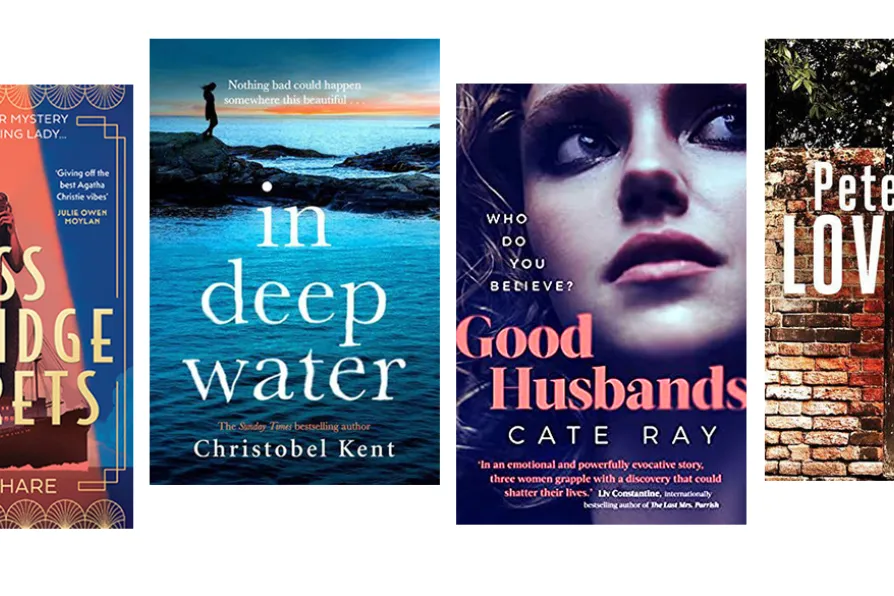RITA DI SANTO draws attention to a new film that features Ken Loach and Jeremy Corbyn, and their personal experience of media misrepresentation


LENA is a struggling London club singer in the 1930s in Miss Aldridge Regrets by Louise Hare (HQ, £14.99), who receives an out-of-the-blue offer to take up a potentially career-making role in New York. The timing is convenient, as she has an urgent reason to vanish from her usual haunts for a while and a first-class cabin on the Queen Mary sounds like a good spot in which to lie low.
People warn her that the US may not be a safe place for a black woman, but Lena is confident that her dark looks can pass for Mediterranean. When a murder takes place on board which has echoes of the event from which she is fleeing, it’s clear someone is setting Lena up as a scapegoat in a dynastic power play.
A golden age ocean liner is a great setting for a whodunnit, and Hare has also created a delightful central character.

Timeloop murder, trad family MomBomb, Sicilian crime pages and Craven praise

A heatwave, a crimewave, and weird bollocks in Aberdeen, Indiana horror, and the end of the American Dream












